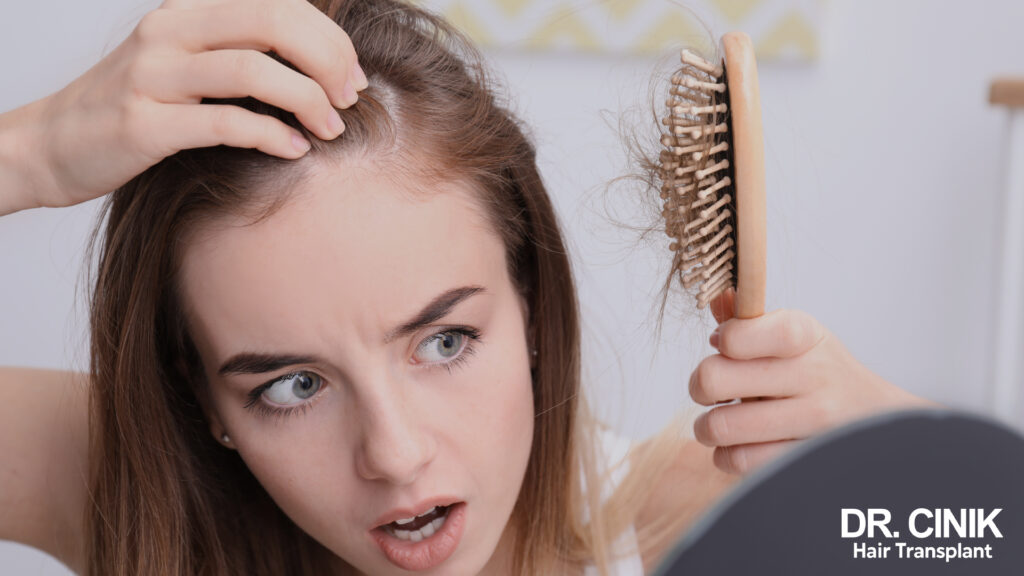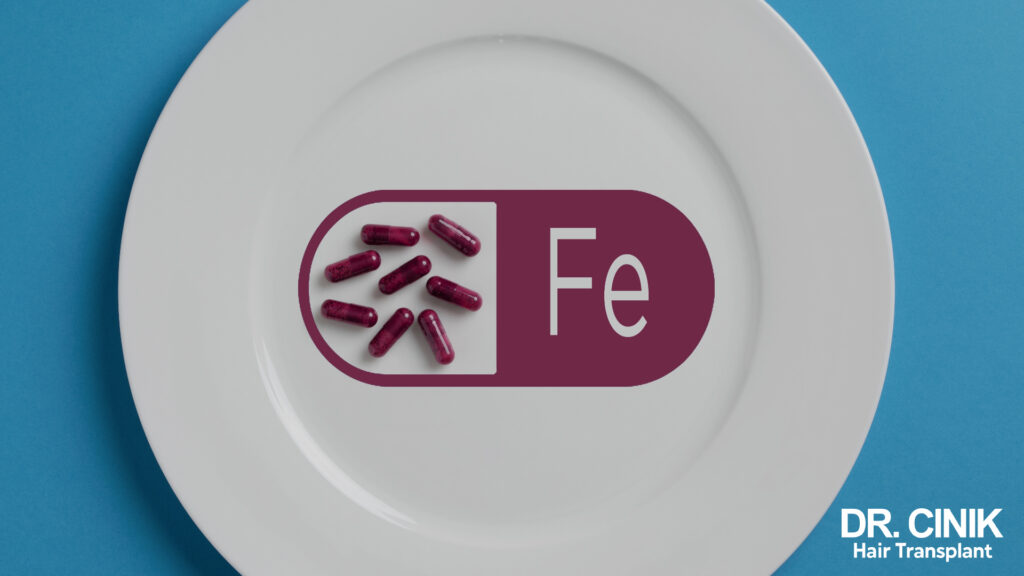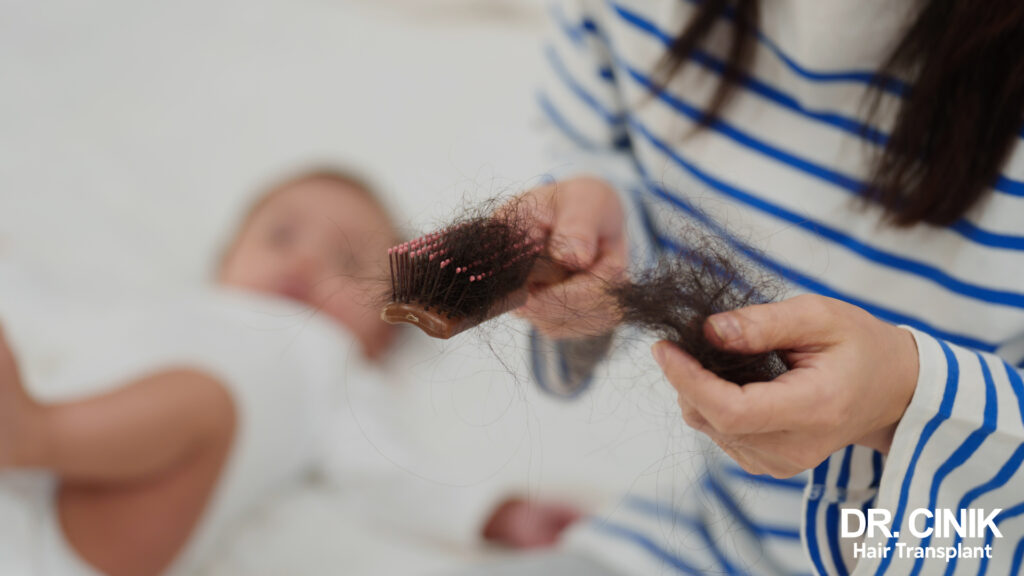Food supplements for hair regrowth

Summary
Hair loss is a common problem that affects both men and women. Among the booming natural solutions, food supplements stand out for their potential to stimulate hair regrowth. This article explores the benefits of these supplements, how they work, and how they fit into an overall approach to hair health.
Why choose food supplements to treat hair loss?
Dietary supplements work from the inside out by nourishing the hair follicles, creating an environment conducive to hair growth. They fill nutritional gaps often found in modern diets, which can lack particular nutrients essential for hair health.
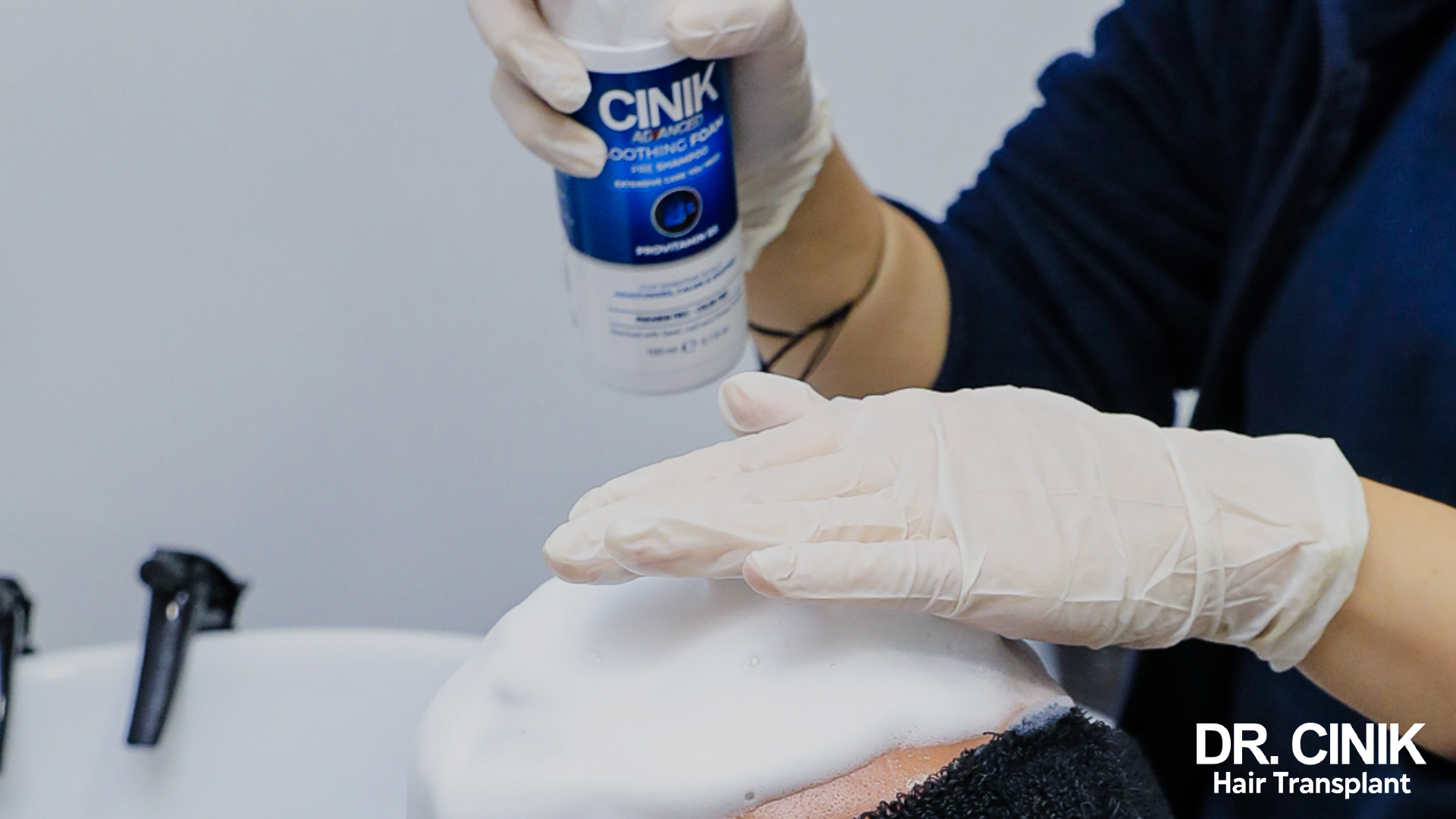
According to a study published in the Journal of Clinical and Aesthetic Dermatology, supplementation with specific nutrients can significantly improve hair growth in women suffering from hair thinning (Glynis, 2012). This research highlights the importance of adequate nutrition for hair health and the potential of dietary supplements.
Key ingredients to stimulate regrowth
Essential vitamins
Biotine (vitamine B8)
Biotin is crucial for the production of keratin, the main protein in hair. A systematic review in Skin Appendage Disorders examined its effectiveness for hair disorders, highlighting its potential role in treating certain forms of alopecia (Patel et al., 2017).
In addition to supporting scalp health by regulating sebum production, biotin deficiency can lead to hair loss, itching, and increased hair fragility.
Vitamin B3 (niacin)
Niacin improves blood circulation to the scalp, facilitating the delivery of essential nutrients to hair follicles. It also helps reduce scalp inflammation, a factor often linked to hair loss.
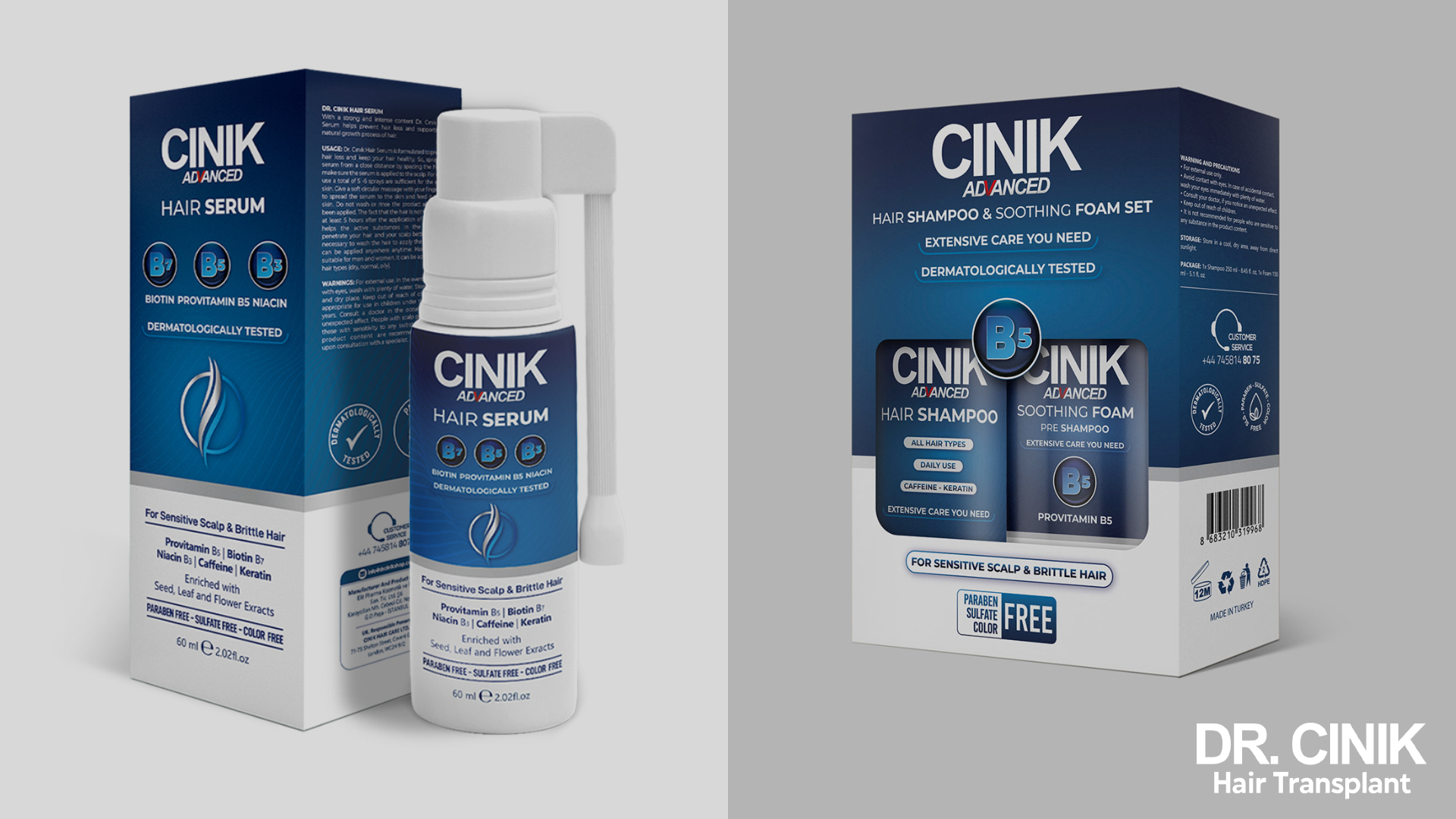
Vitamin C
Vitamin C, as a powerful antioxidant, protects hair follicles from oxidative damage. A study in the Journal of Clinical and Aesthetic Dermatology has shown that it stimulates hair growth and improves hair quality (Farris et al., 2018).
It is also essential for producing collagen, a key protein for the structure and strength of hair.
Vitamin D
Vitamin D plays a fundamental role in the creation of new hair follicles. A study from the British Journal of Dermatology found an association between vitamin D deficiency and alopecia areata, suggesting that supplementation may be beneficial for certain types of hair loss (Thompson et al., 2017).
It also helps regulate the hair growth cycle, helping to maintain healthy follicles.
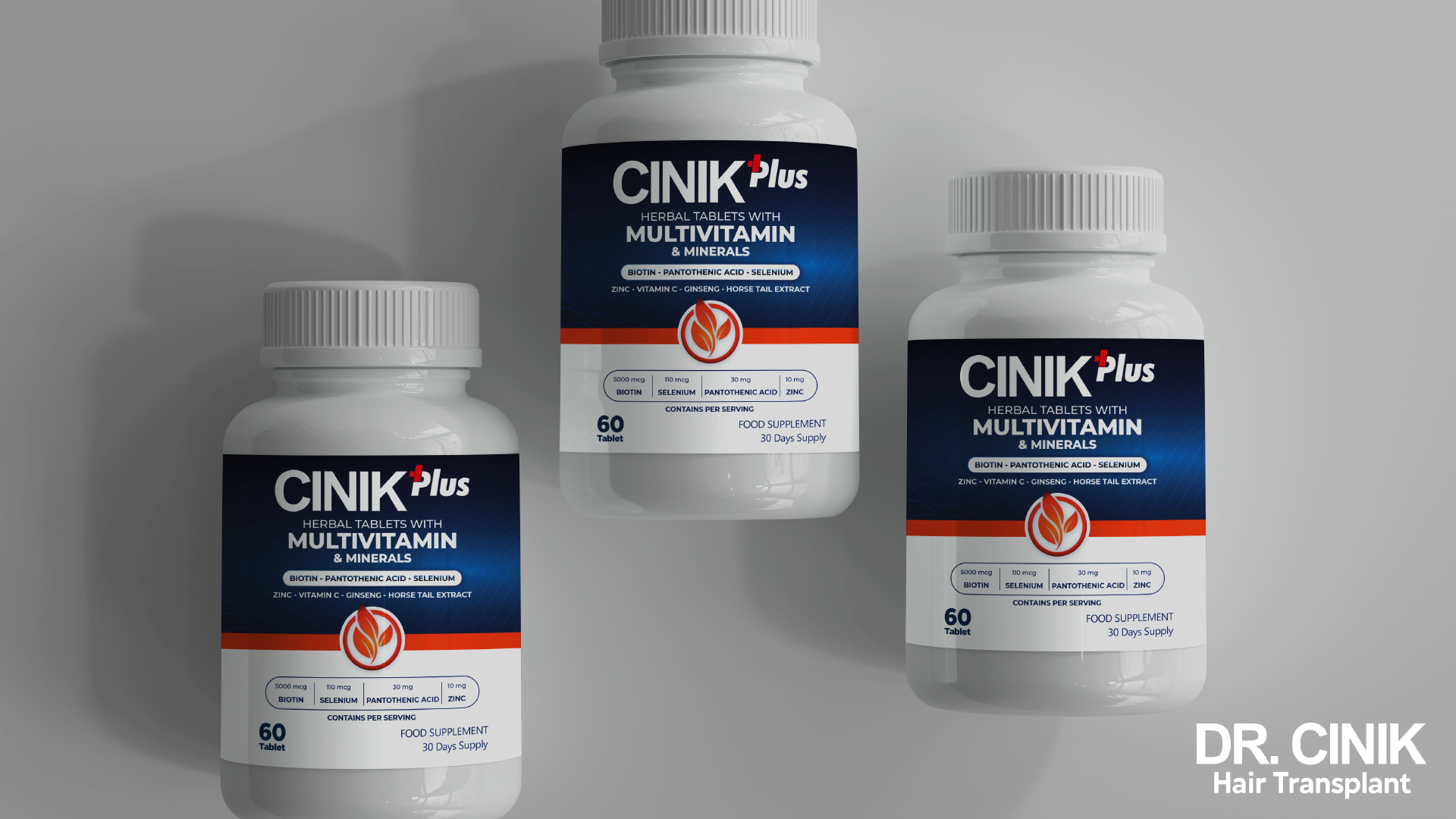
Crucial minerals
Zinc
Zinc is essential for hair health. It plays a role in protein synthesis and ensures the proper functioning of the sebaceous glands around the follicles. A study published in the Annals of Dermatology showed that hair loss patients had significantly lower zinc levels than control groups (Kil et al., 2013).
Zinc is also involved in cell division and tissue growth, essential for hair growth.
Iron
Iron is crucial for the oxygenation of hair follicles. A systematic review of the Journal of the American Academy of Dermatology showed that iron deficiency is more common in women suffering from diffuse hair loss (Trost et al., 2006).
Iron deficiency can cause anaemia, a common cause of hair loss, especially in women.
Selenium
Selenium acts as an antioxidant, protecting scalp cells. A study published in Biological Trace Element Research found significantly lower selenium levels in patients with alopecia areata (Bhat et al., 2013).
This mineral also contributes to the production of enzymes crucial for properly functioning hair follicles.
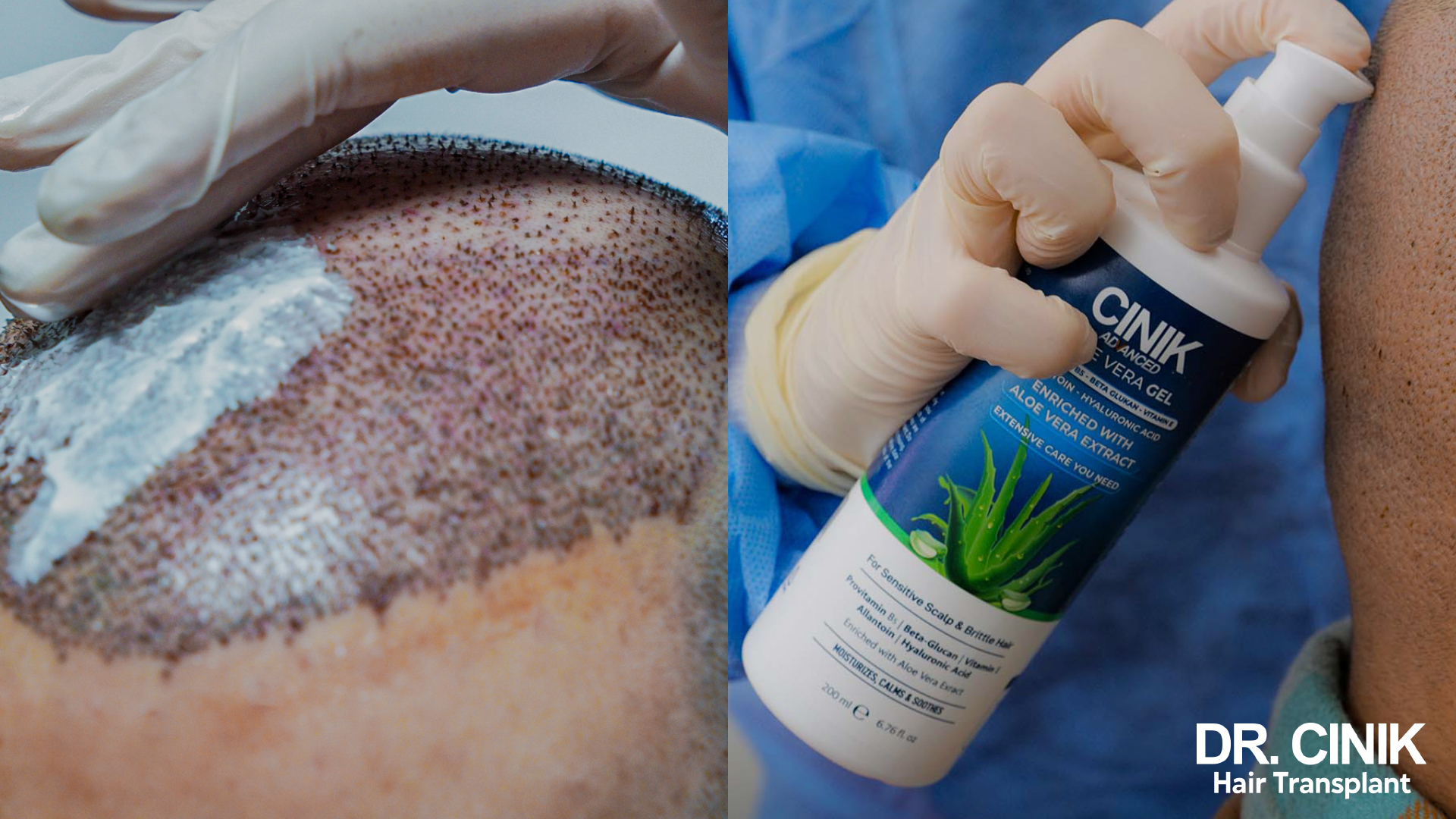
Essential fatty acids
Omega-3
Omega-3 nourishes the scalp and hair follicles. A study from the Journal of Cosmetic Dermatology showed that omega-3 and omega-6 supplementation, combined with antioxidants, could improve hair density and reduce hair loss in women (Le Floc’h et al., 2015).
Omega-3s also help reduce scalp inflammation and improve blood circulation, promoting a healthy environment for hair growth.
Omega-6
Omega-6 is involved in scalp health and sebum production, essential for shiny, well-hydrated hair. A study published in Experimental Dermatology showed that certain omega-6 fatty acids can stimulate hair growth by activating hair follicle stem cells (Choi et al., 2018).
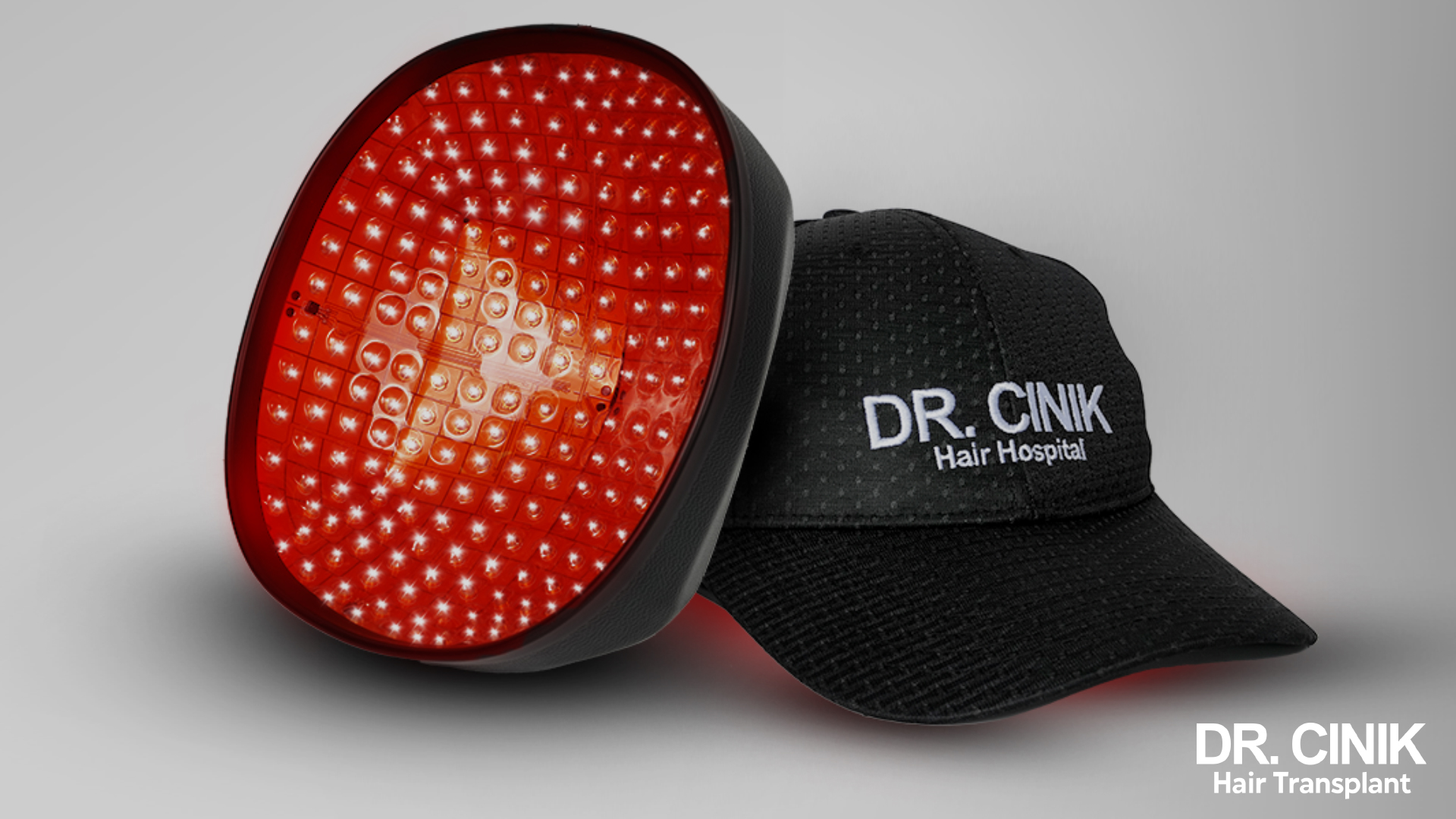
Amino acids and proteins
L-cysteine
L-cysteine, an essential amino acid, contributes to the production of keratin. A study from the Journal of Medicinal Food showed that L-cysteine supplementation could promote hair growth and reduce hair loss (Yoon et al., 2017).
It also participates in the production of collagen and elastin, proteins crucial for the structure and elasticity of hair.
Targeted supplements for androgenetic alopecia
Saw palmetto (palmier nain)
Saw palmetto is one of the most promising natural ingredients to combat androgenetic alopecia. A study from the Journal of Alternative and Complementary Medicine showed that it may be as effective as finasteride in treating mild to moderate male androgenetic alopecia, with fewer side effects (Rossi et al., 2016).
It works by inhibiting the enzyme 5-alpha-reductase, responsible for converting testosterone into dihydrotestostérone (DHT), a hormone that causes the miniaturisation of hair follicles in androgenetic alopecia.
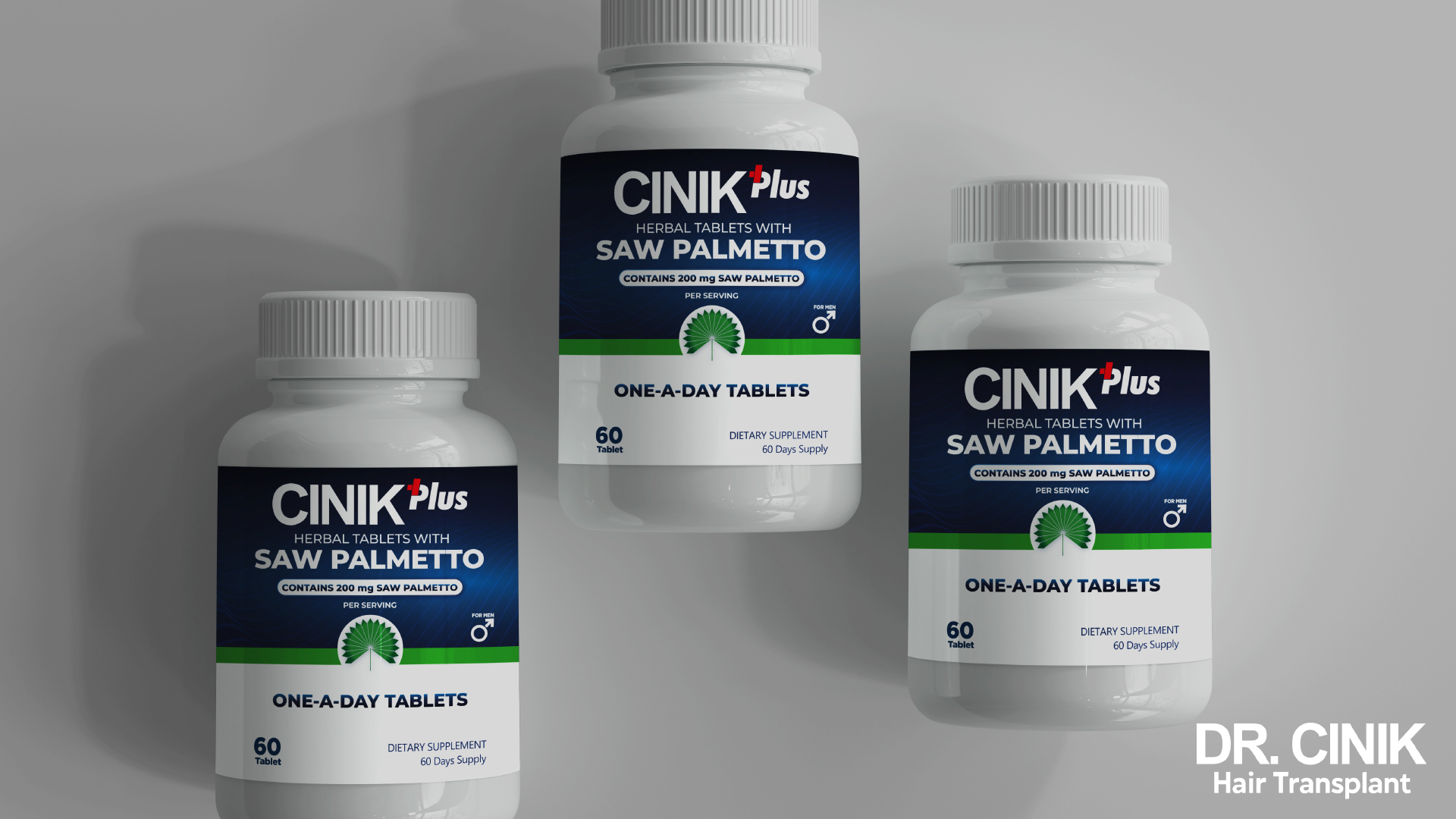
Pumpkin seed oil
Pumpkin seed oil has also shown promising results against DHT. A study published in Evidence-Based Complementary and Alternative Medicine found that pumpkin seed extract could improve hair growth in men with androgenetic alopecia (Cho et al., 2014).
This oil contains phytosterols which can block DHT receptors in hair follicles.
The importance of a holistic approach
Although dietary supplements can play a key role in stimulating hair regrowth, they must be integrated into a more holistic approach to health. A revue dans Dermatology and Therapy underlines the importance of a holistic approach, taking into account nutrition, health management stress and other lifestyle factors in the treatment of hair loss (Almohanna et al., 2019).
A balanced diet, rich in proteins, fruits and vegetables, is the basis of healthy hair. In addition, stress management, quality sleep and good hair hygiene are just as essential. A study published in PLoS One showed that psychological stress can affect hair growth, highlighting the importance of managing it to maintain healthy hair (Paus et al., 2017).
Hair transplantation: a lasting and effective solution
In the cases androgenetic alopecia, hair transplantation remains the most effective solution for restoring dense and natural hair. Modern techniques such as FUE (Follicular Unit Extraction) And DHI (Direct Hair Implantation) deliver remarkably natural results with minimal recovery time.

A study published in Aesthetic Plastic Surgery demonstrated that the FUE technique provides excellent and long-lasting results for patients suffering from androgenetic alopecia, with a high satisfaction rate (Dua & Dua, 2018).
Advantages of hair transplantation:
- Permanent results: Unlike dietary supplements or topical treatments that require continuous use, hair transplantation offers a long-lasting solution.
- Natural results: Modern techniques make it possible to obtain results undetectable to the naked eye.
- Proven effectiveness: Hair transplantation is particularly effective in treating advanced androgenetic alopecia.
- Custom solution: Hair transplantation can be tailored to the specific needs of each patient.
- Improved self-confidence: Hair transplantation can significantly impact self-esteem and quality of life by restoring abundant hair.
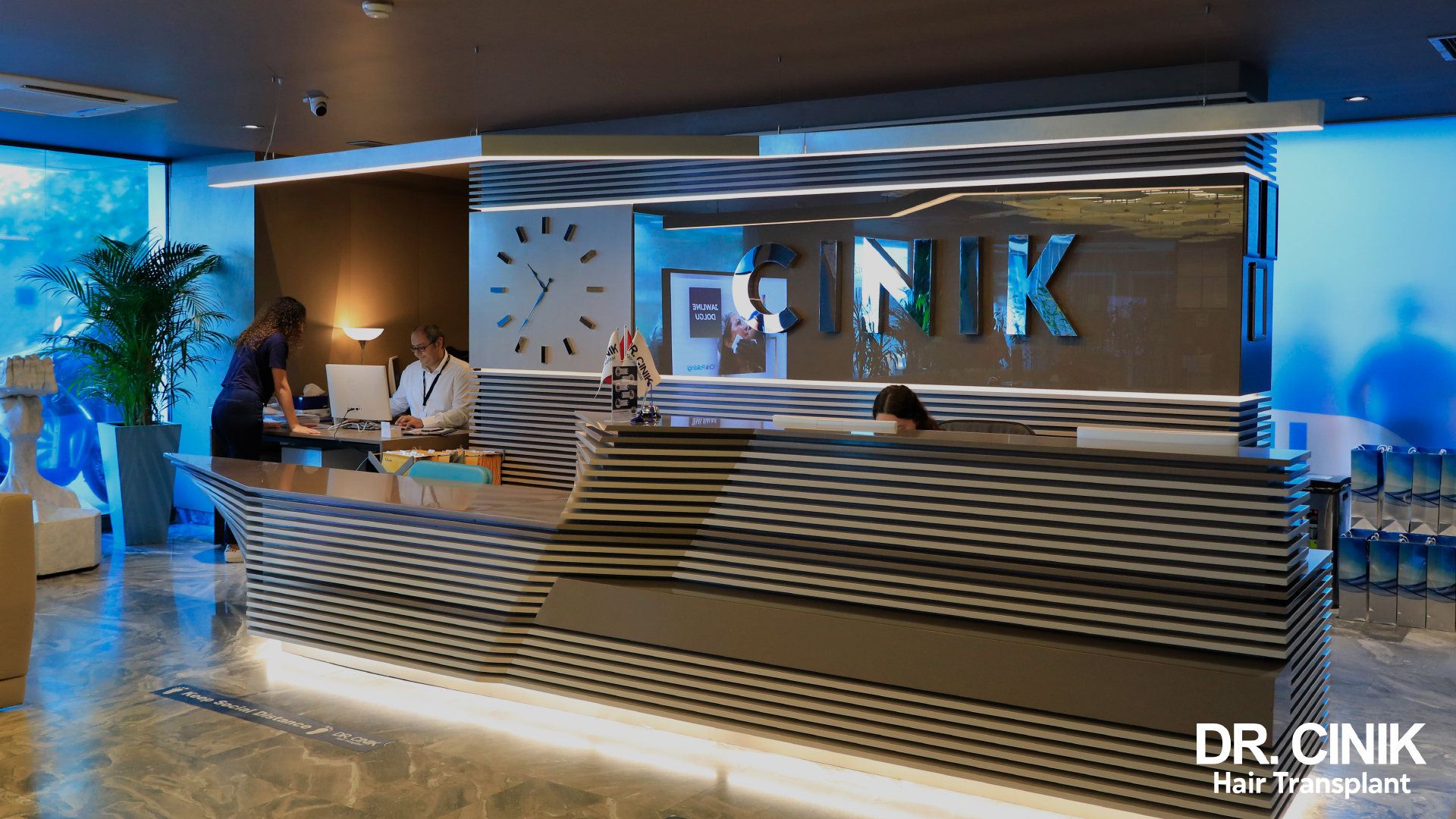
Although more expensive, hair transplantation offers a long-lasting solution that may be more cost-effective in the long run. Technical advances have made the procedure less invasive and more accessible.
Conclusion
Hair loss is a complex problem requiring a multifaceted approach. Dietary supplements offer a natural option to stimulate hair regrowth and improve overall health, especially in the early stages of hair loss or as a complement to other treatments.
However, hair transplantation remains the most effective and lasting solution for cases of advanced alopecia. It offers permanent, natural results, often unmatched by dietary supplements or topical treatments.
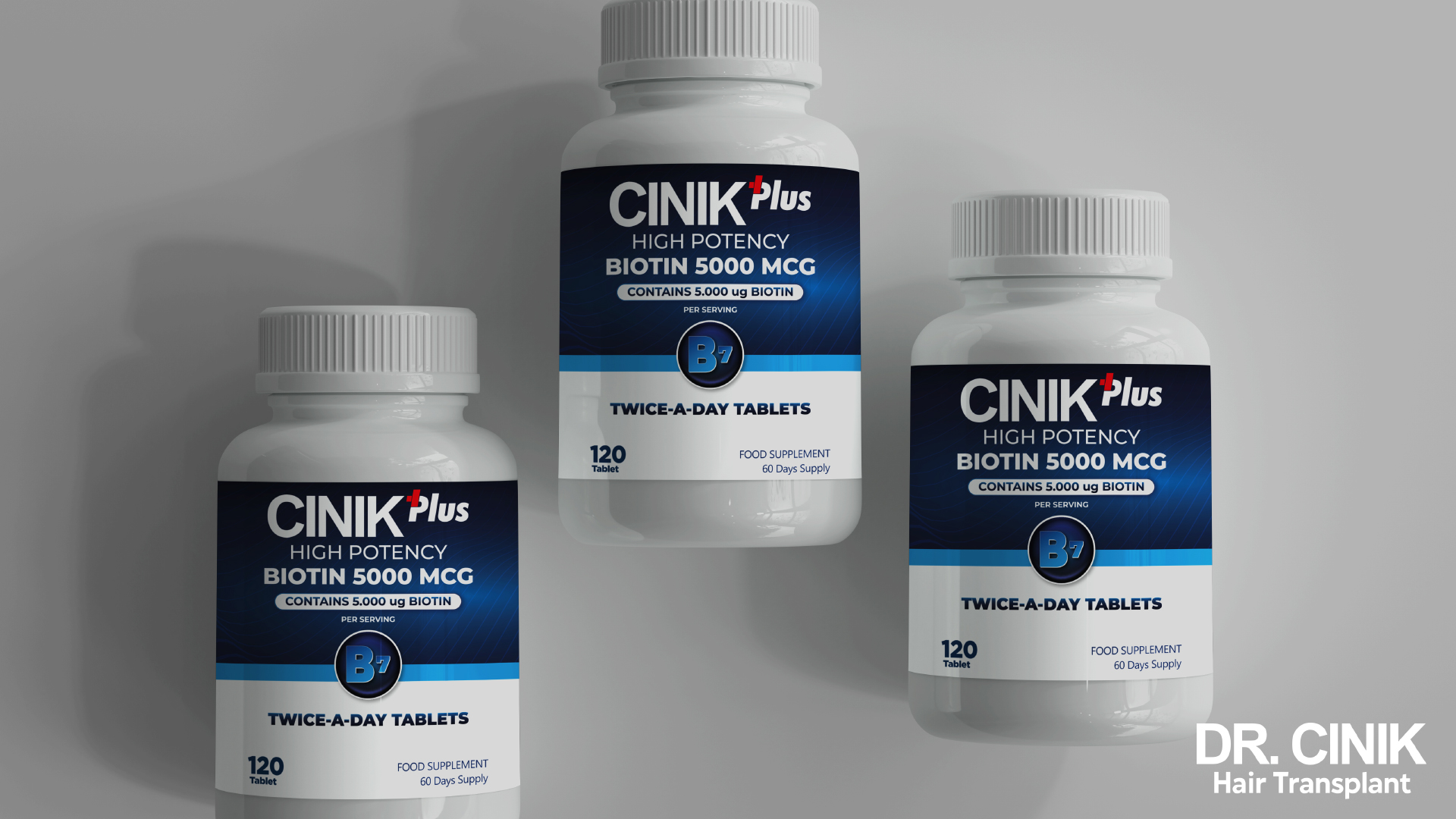
It is essential to choose the approach most suited to each individual, whether through dietary supplements, topical treatments or hair transplantation. A consultation with a healthcare professional is recommended to establish an accurate diagnosis and a personalised treatment plan.
Finally, it is important to remember that patience is key. Results often take several months to appear. With a holistic approach and proper care, it is possible to regain healthy, abundant hair.
Sources :
Almohanna, H. M., Ahmed, A. A., Tsatalis, J. P., & Tosti, A. (2019). The Role of Vitamins and Minerals in Hair Loss: A Review. Dermatology and Therapy, 9(1), 51-70.
Glynis, A. (2012). A Double-blind, Placebo-controlled Study Evaluating the Efficacy of an Oral Supplement in Women with Self-perceived Thinning Hair. Journal of Clinical and Aesthetic Dermatology, 5(11), 28-34.
Kil, M. S., Kim, C. W., & Kim, S. S. (2013). Analysis of Serum Zinc and Copper Concentrations in Hair Loss. Annals of Dermatology, 25(4), 405-409.
Le Floc’h, C., Cheniti, A., Connétable, S., Piccardi, N., Vincenzi, C., & Tosti, A. (2015). Effect of a nutritional supplement on hair loss in women. Journal of Cosmetic Dermatology, 14(1), 76-82.
Patel, D. P., Swink, S. M., & Castelo-Soccio, L. (2017). A Review of the Use of Biotin for Hair Loss. Skin Appendage Disorders, 3(3), 166-169.
Rossi, A., Mari, E., Scarno, M., Garelli, V., Maxia, C., Scali, E., Iorio, A., & Carlesimo, M. (2016). Comparitive Effectiveness of Finasteride vs Serenoa Repens in Male Androgenetic Alopecia: A Two-Year Study. International Journal of Immunopathology and Pharmacology, 25(4), 1167-1173.
Thompson, J. M., Mirza, M. A., Park, M. K., Qureshi, A. A., & Cho, E. (2017). The Role of Micronutrients in Alopecia Areata: A Review. American Journal of Clinical Dermatology, 18(5), 663-679.
Trost, L. B., Bergfeld, W. F., & Calogeras, E. (2006). The diagnosis and treatment of iron deficiency and its potential relationship to hair loss. Journal of the American Academy of Dermatology, 54(5), 824-844.

